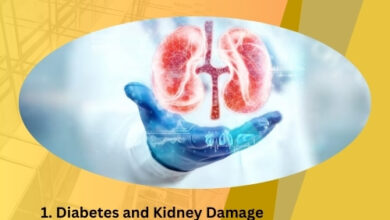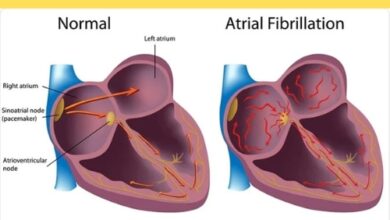Health officials notify locals about possible measles contact in several places

Residents should be aware that on Saturday, June 22, a foreign visitor who was contagious traveled from Boston to Amsterdam using public transit. This information was released by the Massachusetts Department of Public Health (DPH). The tourist was in public areas where they might have come into contact with other people.
Compared to most other diseases, measles spreads more readily. The measles virus is airborne and resides in the nose and throat of the infected person when they sneeze, cough, or talk. It has a maximum two-hour flight time. The infection can then be inhaled by surrounding individuals.
Public Health Commissioner Robbie Goldstein, MD, PhD, stated, “Measles is a highly contagious airborne disease that has seen an increase in cases and outbreaks worldwide.” “The danger of illness is higher in those who have not had vaccinations. Getting vaccinated is the best defense against this disease that people can take.
The Department of Public Health (DPH) strongly advises everyone who is unsure of their measles immunization status to receive at least one dose of the MMR vaccine. If the vaccine is administered within 72 hours of exposure, it may help prevent measles illness; if it is administered after this time, it will protect against further exposures. Healthcare professionals, the DPH, and local health authorities are reaching out to anyone who are at a high risk of coming into touch with this traveler. Nonetheless, it can be difficult to identify high-risk relationships when exposed on public transit. Individuals who have been exposed to the measles and do not exhibit signs of immunity could be placed under quarantine for a maximum of 21 days after the exposure.
The measles has early symptoms that can mimic a cold, including fever, coughing, runny nose, and red eyes. These symptoms appear 10 days to 2 weeks after exposure, and two to 4 days later, the skin develops a rash. Usually, the rash starts on the head and spreads downward. Usually, the rash arises, lasts a few days, and then goes away in the same sequence. Up to four days before and four days after the day the rash emerges, a person who has the measles may still be contagious.
The measles spreads easily. Individuals who visited any of the sites below during the times and dates listed below and are not immune may be susceptible to contracting measles. It is recommended that anyone who accessed these sites during the specified hours on any of these dates get in touch with their healthcare physician to find out if they are immune or not.
Exposures to this person could have happened at the following times and places:
Saturday, June 22, 2024
Dartmouth Coach bus line departs Hanover, NH at 11:40 a.m.
from Dartmouth College to Boston, Massachusetts, landing at Boston, Massachusetts’ Logan Airport about 2:40 p.m.
2:40 p.m. to 8:40 p.m. Logan Airport, Boston, MA’s Terminal E
Boston to Amsterdam flight KLM6016 takes off from Gate E5.
If someone was exposed and starts to show signs of the measles, they should contact their doctor before going to a clinic, hospital, or emergency room. It is best to avoid visiting a healthcare center as it may put others at risk. In order to minimize the possibility of transmission, please wear a mask if you must visit a medical facility.
Individuals who have contracted the measles or who have received the recommended vaccination against the measles from the US Centers for Disease Control and Prevention (CDC) are deemed immune. The CDC advises doing the following:
Kids. At 12 to 15 months of age, children should receive their first dose of the Measles, Mumps, Rubella (MMR) vaccination. Children of school age require two doses of the MMR vaccine.
adults. Adults ought to receive the MMR vaccine in at least one dose. Two doses of MMR are required for certain high-risk groups, including college students, healthcare workers, and foreign visitors. Adult US citizens who were born prior to 1957 are thought to be immune to measles due to prior exposure.
Even if exposed, a person who has previously had measles or who has had two doses of the vaccination is unlikely to get the illness.
You can reach the DPH at 617-983-6800 or your local health agency for more information. Go to the DPH website to find out more information about measles.




